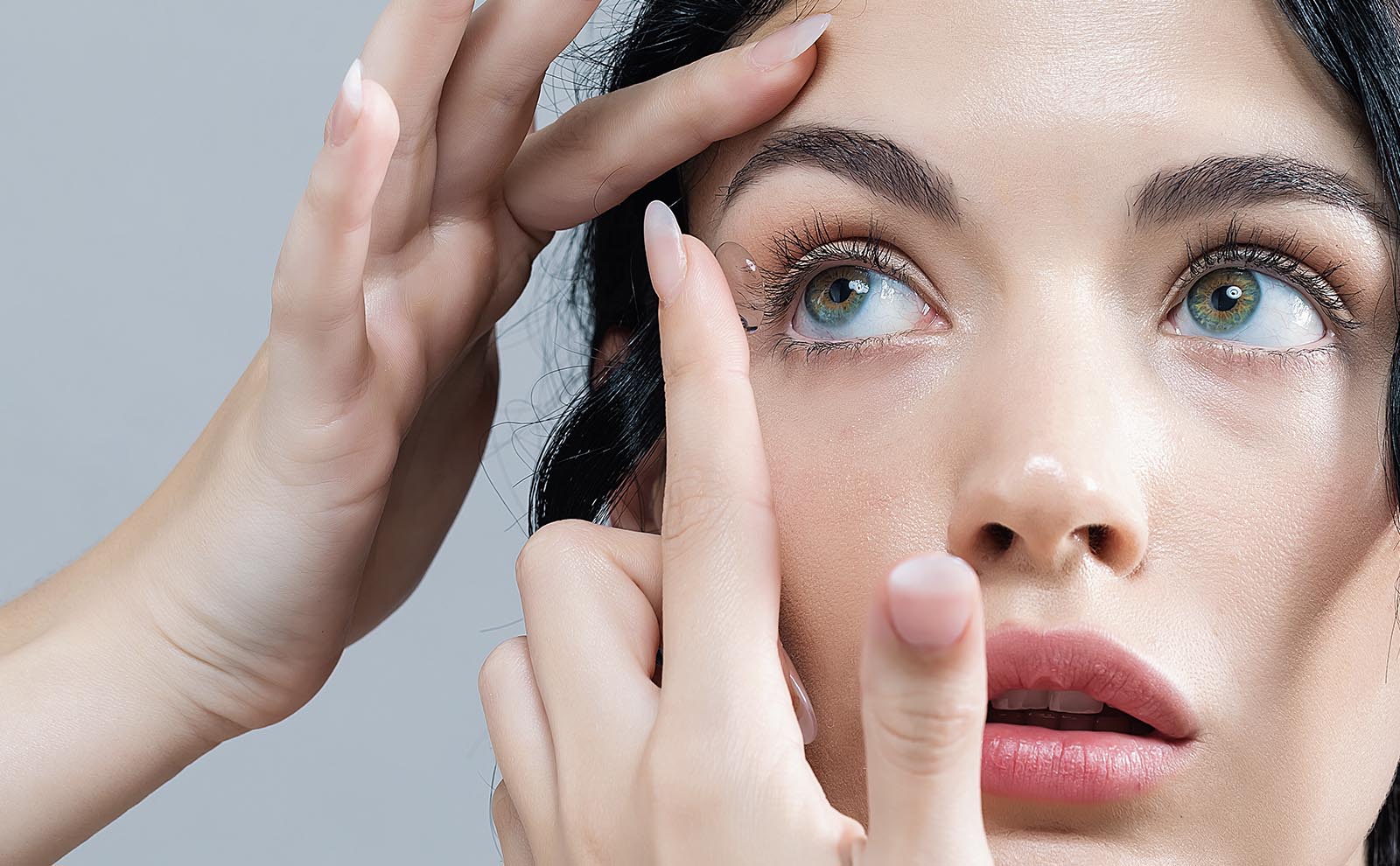At Rocky Mountain University Eye Institute, we offer more than just contact lenses—we offer clarity, comfort, and personalized solutions. Whether you’re managing a busy lifestyle or a complex eye condition, our wide range of contact lens options ensures your vision needs are met with care and precision.
Contacts & Specialty Contact Lenses
See Clearly. Live Comfortably.



Introduction to Contacts & Specialty Contact Lenses
- Daily, monthly, and colored lenses designed for comfort and convenience
- Specialized lenses for unique conditions like keratoconus and post-surgical eyes
- Custom fittings by experienced eye care providers
- Solutions for all ages and vision needs in Provo and surrounding areas
What to Expect from Our Contact Lens Services
Tailored Lenses, Advanced Options
We begin with a comprehensive eye exam and a personalized consultation to determine the right lens type for your eyes and lifestyle. We offer everything from soft lenses for everyday wear to advanced specialty lenses for complex eye conditions. Our providers work closely with you to ensure a perfect fit, clear vision, and long-term eye health. We’ll also show you how to care for your lenses to keep your eyes comfortable and healthy.
Who Can Benefit from Contacts & Specialty Lenses?
A Lens Solution for Everyone
Our contact lens services are ideal for a wide range of patients—from young adults in Orem needing daily wear lenses to seniors in Saratoga Springs managing post-surgical vision needs. You may be a great candidate if you:
-
Want an alternative to glasses for daily or occasional use
-
Have conditions like nearsightedness, farsightedness, or astigmatism
-
Experience irregular corneas from keratoconus or surgery
-
Desire a unique look with colored or cosmetic lenses
Results You Can See and Feel
Comfort, Clarity, and Confidence
With proper fitting and care, our contact lenses provide crisp vision, long-lasting comfort, and a boost of confidence in your everyday life. Specialty contacts can dramatically improve vision for patients with complex eye conditions, often when glasses and standard lenses fall short. Whether you’re updating your look or overcoming a vision challenge, our team is here to support your clearest sight yet.
Frequently Asked Questions
What’s the difference between daily and monthly contact lenses?
Daily contact lenses are worn once and thrown away at the end of the day—no cleaning is required. Monthly contact lenses are worn daily but are removed, cleaned, stored each night, and replaced monthly. The best option depends on your lifestyle, eye health, and preference.
Are contact lenses safe to wear every day?
Yes, contact lenses are safe for daily wear when fitted properly and used according to your provider’s instructions. Following hygiene guidelines and replacing lenses as recommended to reduce the risk of eye infections or irritation is essential.
What are specialty contact lenses used for?
Specialty contact lenses are custom-designed for patients with complex eye conditions such as keratoconus, post-surgical corneas, scarred eyes, or irregular astigmatism. These lenses offer clear, comfortable vision when traditional contacts or glasses aren’t effective.
How do I know if I need specialty contact lenses?
You may be a good candidate if you’ve had difficulty wearing standard contacts, experience blurry vision even with glasses, or have a history of eye surgery, disease, or corneal irregularity. An eye exam and fitting at a specialty provider—like RMU Eye Institute—can determine your best option.
Can I get colored contact lenses with a prescription?
Yes! Colored contact lenses are available in both prescription and non-prescription forms. They can enhance or completely change your eye color while still correcting your vision—perfect for daily wear or special occasions.
Do contact lenses work for astigmatism or presbyopia?
Absolutely. Toric lenses are designed to correct astigmatism, and multifocal or bifocal lenses help with presbyopia (age-related trouble focusing up close). There are even specialty options for complex cases that standard lenses can’t manage.

